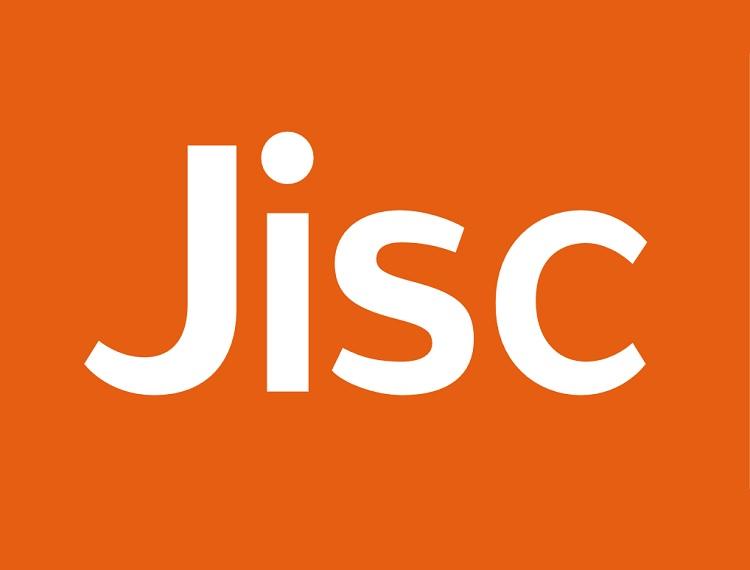Our young people are touted as a tech-savvy cohort who have grown up with the internet and smart devices, but is the UK further education system equipping them for life in the modern workplace?
Only 50% of FE learners feel prepared for the digital workplace – finds new report
While 63% of FE learners agree that digital skills are important in their chosen career, only half believe their courses prepare them for the digital workplace.
These are sobering statistics considering the well-documented technical skills gap in the UK and that good digital skills are becoming increasingly vital in the workplace.
A new survey (the
Student Digital Experience Tracker, May 2017) sheds light on the digital capabilities, habits and attitudes of today’s learners and shows that the use of technology in teaching and assessment is not widespread.
Conducted by the UK’s education technology solutions organisation, Jisc, the survey –launched today -received 22,593 responses from learners at 74 UK organisations, including 29 universities and 35 colleges.
The FE version of the tracker created the largest number of student responses, totalling 12,347, which represented 55% of the total data set.
Highlighting an apparent mismatch between the skills required by employers and those that students are familiar with, or believe are necessary, the report warns: “We need to be concerned about the 37% in FE who do not feel digital skills to be relevant in their chosen careers. Since we know that around 90% of all new jobs do require good digital skills*, there must be a question mark over the workplace awareness of these learners, and perhaps of their teachers.”
Jisc’s head of FE and skills, Paul McKean, says the further and higher education systems need to step up. “While colleges and universities will be equipping students with the knowledge, skills and behaviours essential to their preferred jobs, some are missing the opportunity to teach digital skills as a natural part of the courses.
“Incorporating vocational digital skills into the curriculum and technology into the delivery, assessment and management of learning can help improve the learning experience, while contributing to the professional development of staff. The digital capabilities of the workforce is key if tutors are to pass on the relevant digital skills and working practices to learners, and so improving their employability.”
However, it appears that tutors are not the automatic go-to for support in digital upskilling. Less than half (45%) of FE learners go to tutors for help, while 18.3% turn to friends and family and 17.7% to fellow students. Only 14.2% look online for help.
Attitudes to the use of digital technologies
Learners are generally upbeat about engaging with digital technology to support their course learning, but its use doesn’t seem to be widespread.
The survey finds that around six in ten feel that use of digital technology on their course results in better understanding and allows them to fit learning into their lives more easily. More than 90% of FE learners have produced work in a digital format, and more than four in five have experience of working online with others.
However, 39.1% have never used an educational game or simulation as part of their course and 33.6% have never used a poll or quiz to give answers in class.
The report says that, considering the very high percentage of FE learners (87%) who access online information weekly or more, a decade and a half after the development of “the social web”, content-centred teaching practices continue to dominate.
It goes on: “A similar observation could be made about the low use of interactive digital media such as games and simulations, which provide rapid intrinsic feedback, and polling, which provides in-situ feedback to make live learning more engaging and responsive. Neither appears on this evidence to be fully mainstream yet. Less than 30% of FE learners use these tools weekly or more.”
Virtual Learning Environment (VLE)
Only 60.6% of FE learners use a VLE for coursework, and only 40% say they enjoy using the collaborative features or want their tutors to use the VLE more.
Online assessments
Notably more FE learners agree that e-assessment is convenient (62%) in comparison with the number of learners who agree that e-assessment is more enjoyable (56%), provides them with better feedback (45%) or helps them avoid plagiarism (53.8). This suggests that negative feelings about online assessment overall (55% agree that online assessments are delivered well) may be related to delivery and outcomes rather than to management.
In both sectors, the median average answer for all four questions was ‘agree,’ with the exception of a neutral average opinion for ‘I make better use of feedback if it is delivered digitally’ – again suggesting that e-assessment is practically useful rather than pedagogically valuable.
Digital learning tools
Learners were asked how often they used digital tools or apps to complete course tasks in their own time: Of those who used such tools weekly or more, 65.3% used digital tools to make notes or recordings; 59% look for extra resources; 53.7% manage links and references; and 52.2% access lecture notes or recorded lectures. A minority, 35%, used social media to discuss learning.
Digital skills
Quite possibility because of the prevalence of social media, learners are generally confident in their ability to stay safe and behave responsibly online (97% of FE students feel they can do this without help). However, there is some lack of confidence in the ability to create a positive online profile (12% can’t do this alone), judge online content reliably (14.6% need help), change privacy settings and manage passwords (12% need help) or modify standard settings (20% need help).
Other stats
· Only 68.5% of FE learners have reliable Wi-Fi access in their college in comparison with more than 80% of HE learners.
· 93.2% have access to online course materials
· 94.7 % have access to college-owned computers and printers
· 64.3% agree they have access to digital training and support when they need it
· 80.7% know where to get help from their colleges if they are bullied or harassed online
· 46.7% agree they are told how their personal data is stored and used
· 75.4% agree their learning provider protects their data privacy
· 12% have a disability or health issue that affects how they study and, of those, 11.4 % have trouble accessing information or course content as a result. 23% have support from their college to use assistive technologies
• Gather evidence from learners about their digital experience, and track changes over time
• Make better informed decisions about the digital environment
• Target resources for improving digital provision
• Plan other research, data gathering and student engagement around digital issues
• Demonstrate quality enhancement and student engagement to external bodies and to students themselves.
About Jisc
Jisc is the UK higher, further education and skills sectors’ not-for-profit organisation for digital services and solutions. We:
· operate shared digital infrastructure and services
· negotiate sector-wide deals with IT vendors and commercial publishers and
· provide trusted advice and practical assistance for universities, colleges and learning providers.











Responses